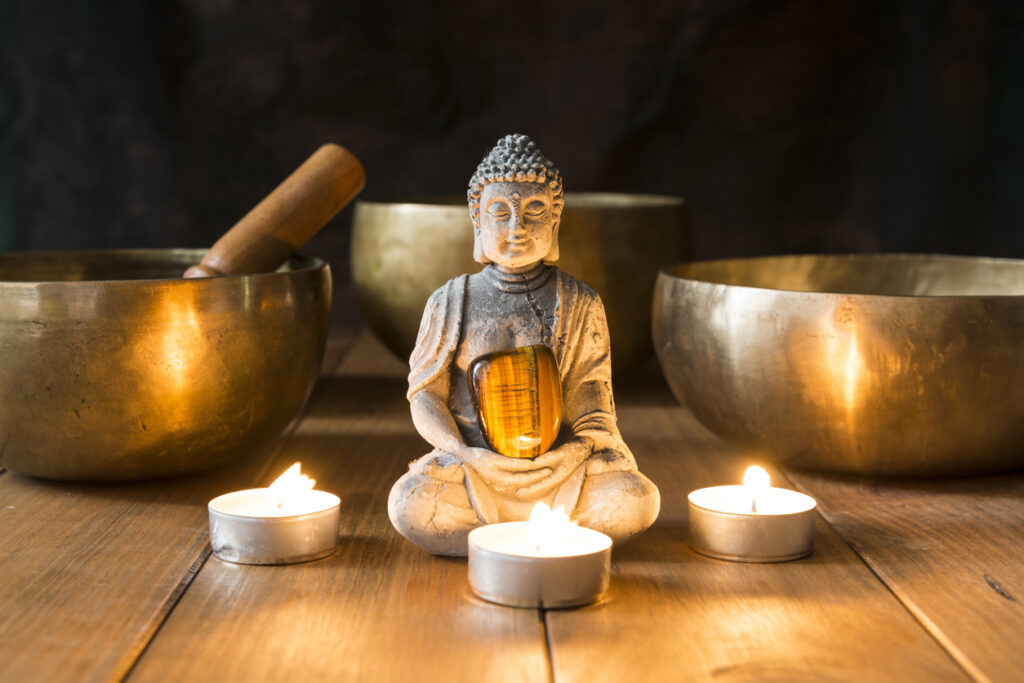- +61 410 649 646
- [email protected]
- Sydney Wide Service

Among Buddhists, death is regarded as an occasion of major religious significance, both for the deceased and for the survivors. For the deceased it marks the moment when the transition begins to a new mode of existence within the round of rebirths. When death occurs all the karmic forces that the dead person accumulated during the course of his or her lifetime become activated and set about determining the next rebirth. For the living, death is a powerful reminder of the Buddha’s teaching on impermanence; it also provides an opportunity to assist the deceased person as he or she fares on to the new existence.
According to the Last Rites of Amitabha, the body can’t be moved, touched or disturbed once they pass away because the soul doesn’t leave the body immediately after death. The body must be completely cold before it can be washed and prepared for burial or cremation.
A funeral is a simple, solemn and dignified ceremony, sometimes with superstitious beliefs woven in. Majority of Buddhists prefer cremation rather than burials.
At a Buddhist funeral, mourners wear white instead of black. Cremation is more popular among Buddhists and may require monks to be present to chant when the body is being cremated at the ceremony. Family members can also lead the chanting. Once cremated, loved ones can collect the ashes and do with them what they feel is best. This may involve scattering them or retaining them in an urn.
Useful links
Help & Support
Contact information